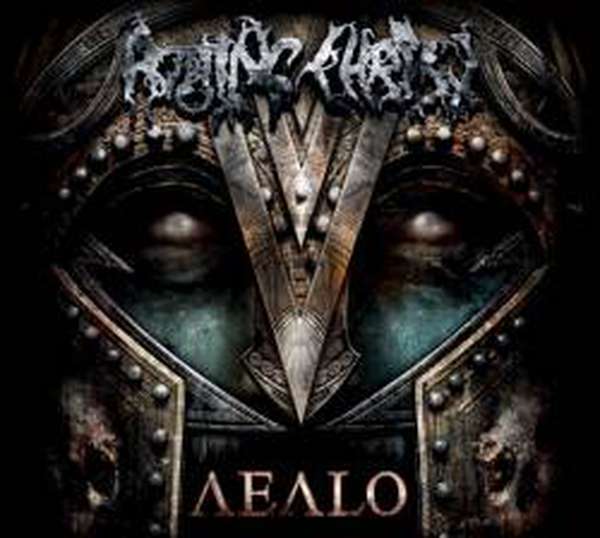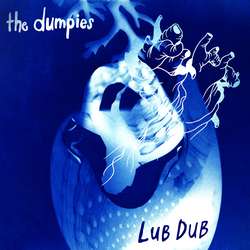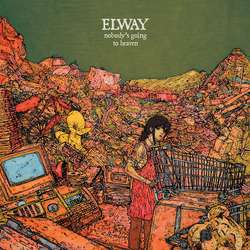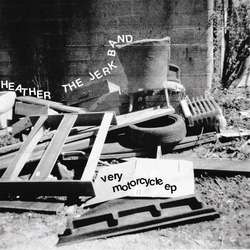If you're like me, you've seen the name 'Rotting Christ' thrown around for years, but you never listened to the band because you assumed it was an unremarkable throwback black metal band whose albums suffer from unbearably bad recording quality.
But since Earwax in Madison was carrying the band's new album, I figured I'd give them a quick listen, because Earwax rarely carries stuff that isn't good. I was more than a little surprised when the title track from the Rotting Christ's 2010 album, Aealo, started playing on the band's MySpace. It was a total curveball.
Given their name, I figured the music would sound something like Judas Iscariot or whatever. But it wasn't remotely kvlt. It wasn't even black metal.
The thing that stands out the most is the folk influence. As a Greek band, Rotting Christ implement lots of traditional Balkan sounds that, safe to say, don't show up in almost any other metal contexts.
"Aealo" opens with brief acapella female Greek chanting before diving into a series of swarming guitar and drum charges, with the chanting enduring for the length of the intro. It relents into a more paced attack after about 30 seconds, feeling as if it were orchestrated to set the rhythm of a march. This makes sense because, as it turned out (and as the album cover implied), the album is basically focused on war themes all the way through.
To reflect further on just how this "Aealo" track can be described: it was definitely metal, but it's difficult to pin down the specifics. Aealo in its entirety resists the basic metal classifications. It sounds almost like if you took the folk and marching arrangements from Nile's music and mixed it with an entirely serious and far more intense Dethklok. And it sounds really good.
The second track, "Eon Aenaos," carries on this pattern. The track builds out of the rhythm of a quick guitar chug and the barked vocals of frontman Sakis Tolis, with each verse ending in a screech of reed pipes and various battle declarations. Like the title track, "Eon Aenaos" is really impressive.
Part of what makes Aealo so incomparable is how layered the arrangements are. Every track is almost symphonic in scale, though it's distinctly metal in sound. Most tracks feature muted rhythm guitars complemented by Sakis' catchy leads, with lots of whispered and chanted vocals layering the backgrounds, and the final ingredient of the folk elements gives Aealo such a unique and impressive sound.
One track that isn't so impressive is "Santa Muerte." The song begins with an extremely repetitive and uninteresting arrangement of urgent and slightly blackened guitars, indistinct shouting by Sakis and a brief wail of female vocals, with the sequence looping every seven seconds. I was actually sure that my record was getting stuck when I heard this one, but no such luck. This song is a major turd that managed to infiltrate an otherwise highly impressive effort.
Aealo is a bit of an inconsistent album and loses steam toward the end, but the high points are good enough to make the shortcomings acceptable. There are more than a few moments on this record that are legitimately brilliant. Sakis' guitar work is some of the best you'll hear, and the majority of Aealo rocks extremely hard.
I haven't had the chance to listen to the rest of Rotting Christ's presumably awesome discography, but I can say now that Aealo is no better than the band's third best. Check out Theogonia and Triarchy of the Lost Lovers if you want to hear two of the best metal albums ever.



